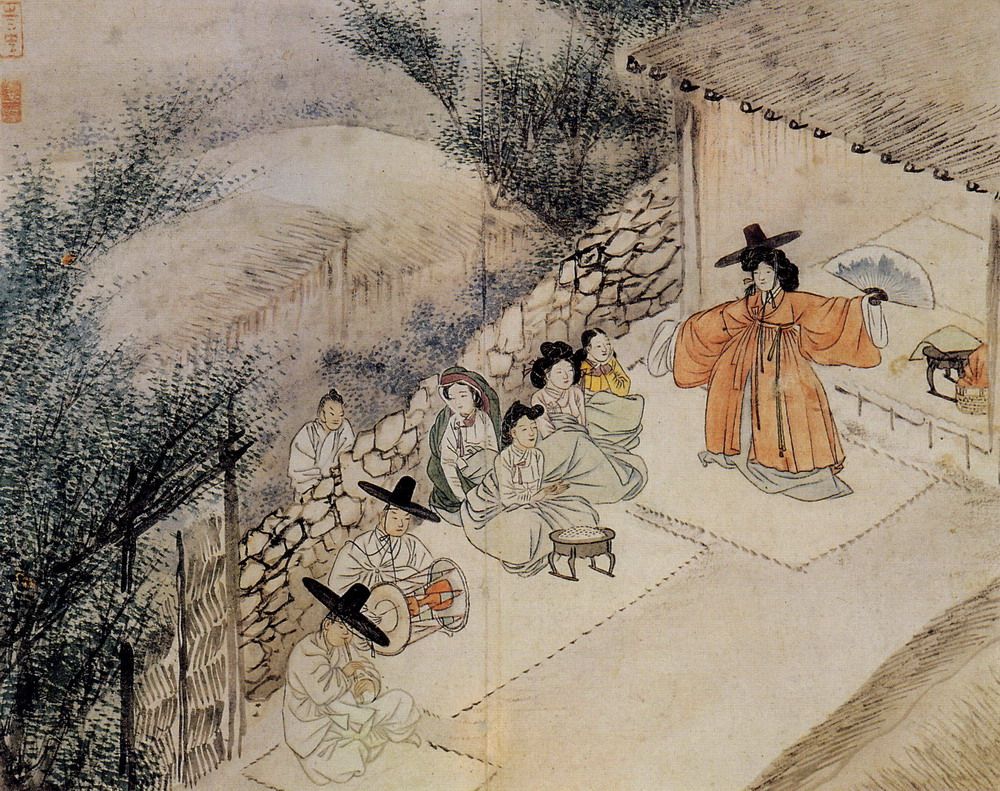Welcome to our newsletter, dear readers,
• Our first new library item this month is a chapter on the divine play of Hindu/Buddhist deity Chinnamasta, one of the ten goddesses from the esoteric tradition of Tantra, and a ferocious aspect of Mahadevi, the Hindu Mother goddess. Chinnamasta indicates a transcendence of the ordinary and portrays the ordinary as extraordinary. She explodes one’s limited understanding of the phenomenal world in order to reveal unconditioned reality. The chapter we present includes sections on the meaning of tantra, the spiritual importance of mantra, of sacred art, and theatre in particular.
Chinnamasta is a wonderful example of a goddess who understands the illusions (maya) of the phenomenal world and can assume various forms, such as a warrior, magician, beauty, protectoress, etc. Chinnamasta is limitless as are the manifestations of the phenomenal world; this is simply a marvellous performance—lila. By thinking of the thousand names of Chinnamasta as divine play, one can classify her thousand names according to the nine rasa (sentiments) of Indian aesthetical theory.
• Next we present a chapter on Mudang, the shamanistic religious practice which is at the basis of Korean nationhood and culture. Retelling and analysing its foundational myths, the author elaborates on the five essential features of Mudang: a heavenly ordination, kingly origin, association with mountains, tragedy, and the predominance of women.
The magical cult of Mudang which is in practice in our time can be viewed as a deteriorated form of traditional faith. Its deterioration comes from the preoccupation with magic and divination and its neglect of the central importance of traditional faith, that is worship of the Hanunim as the highest God of all others.
Munyeo sinmu, 1805. Kansong Museum of Art, Seoul.
• And finally we have two chapters from East & West, by René Guénon, in Martin Lings’ translation, probing the modernist notions of civilization and progress, and the fundamentally superstitious character of modern science.
‘Science’, with a capital letter, like ‘Progress’ and ‘Civilization’, like ‘Right’, ‘Justice’, and ‘Liberty’, is another of those entities that are better left undefined, and that run the risk of losing all their prestige as soon as they are inspected a little too closely… They are not really ideas, because many of those who pronounce these words with the greatest conviction have in mind nothing very clear that corresponds to them; actually there is nothing there in most cases but the expression —one might even say the personification— of more or less vague sentimental aspirations. These are veritable idols, the divinities of a sort of ‘lay religion’…




